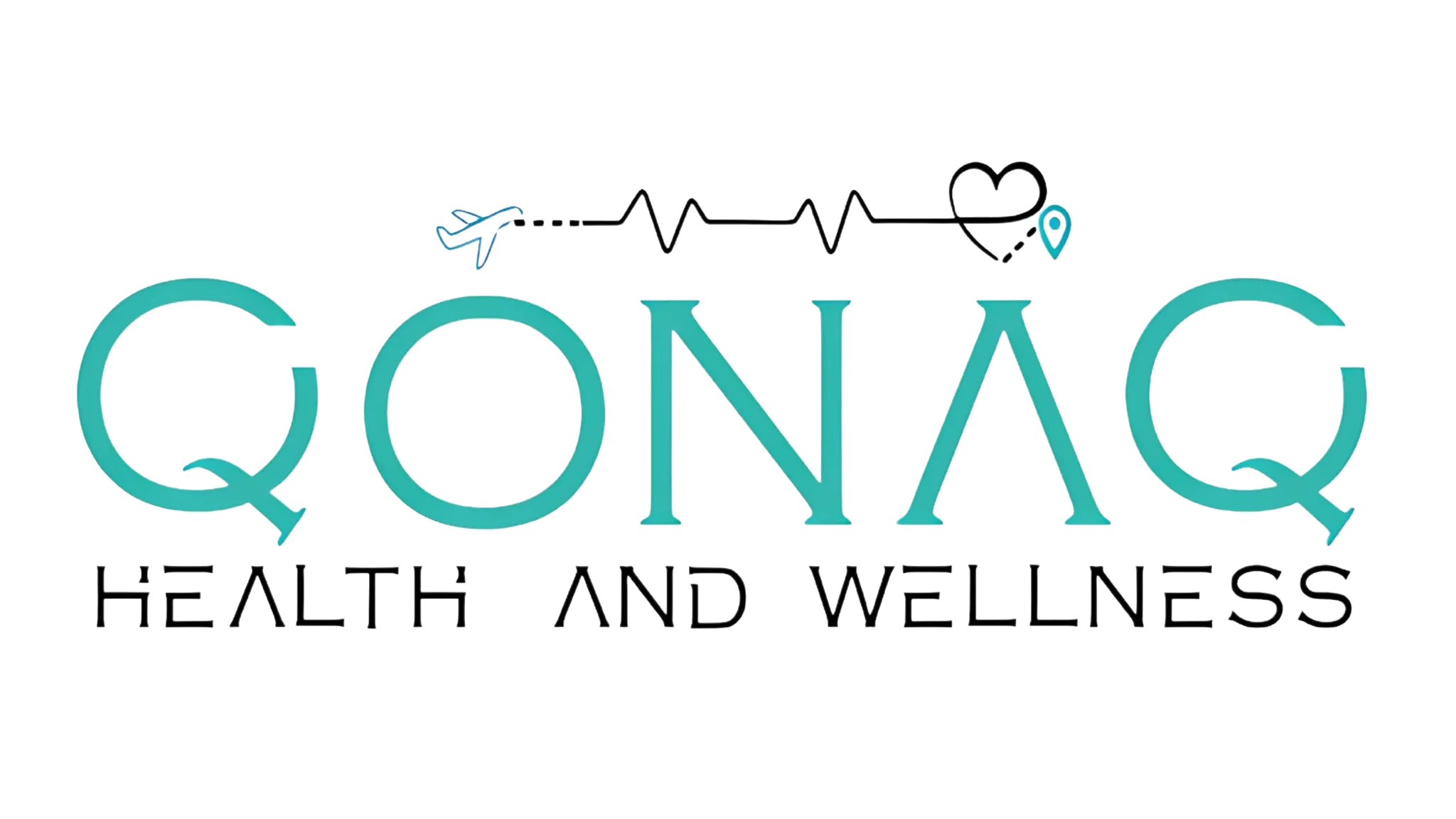Why Cameroonian Patients Choose India for Treatment
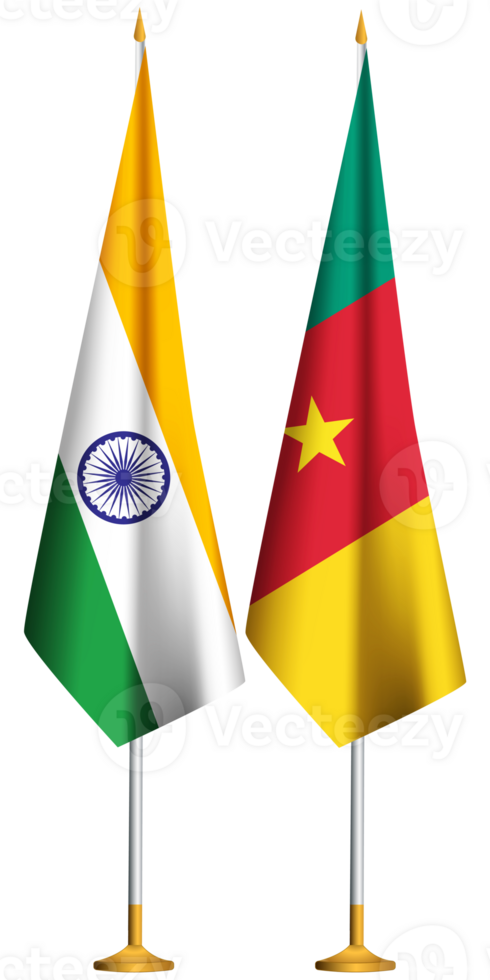
In recent years, more patients from Cameroon have been traveling abroad to seek advanced medical treatment. The reasons are clear: limited access to specialized care at home, long waiting times in public hospitals, and the high cost of private healthcare. For these patients, India has emerged as one of the most trusted destinations for affordable and high-quality healthcare.
India welcomes approximately 10,000 Cameroonian patients each year seeking medical treatment, a number that has grown by 25% over the past five years. Families travel for treatments such as kidney transplants, heart surgeries, cancer therapies, and orthopedic operations; areas where India is recognized globally for its expertise. What makes India stand out is its ability to combine world-class medical technology, highly qualified doctors, and reasonable costs, all in a setting where international patients feel supported and cared for.
For many Cameroonian families, choosing India is not just about saving money. It is about finding a place where advanced treatments are available without delay, communication is smooth in English and French, and hospitals have long experience in treating African patients. India has become a symbol of hope and healing for patients traveling from Cameroon.
What Healthcare Challenges Do Patients Face in Cameroon?
Cameroon’s healthcare system faces a number of difficulties that push many families to seek medical care outside their borders. While the country has made progress in expanding public hospitals and training local doctors, there are still gaps in advanced and specialized care.
For example, the country has very few centers for cancer treatment, with limited radiotherapy machines to serve a population of over 27 million. Patients diagnosed with complex cancers often wait months before they can even start therapy. Similarly, there are no large-scale organ transplant facilities in Cameroon, which means people with kidney or liver failure have little choice but to seek treatment abroad.
Public hospitals in cities like Yaoundé and Douala are often overcrowded and under-resourced, making it difficult to provide timely care. On the other hand, private hospitals charge high fees. Still, even then, they may lack the advanced technology needed for procedures such as cardiac bypass surgery, neurosurgery, or bone marrow transplants.
This situation has created a trend: Cameroonians who can afford it look abroad for healthcare, and India has quickly become one of the most reliable and cost-effective options.
Why Do Cameroonian Patients Prefer India for Treatment?
One of the main reasons patients from Cameroon travel to India is the balance of affordability and advanced care. Treatments that are either unavailable or unaffordable in Cameroon (such as kidney transplants, heart bypass surgeries, and advanced cancer therapies) are widely available in Indian hospitals at much lower costs compared to Europe or the US.
Another advantage is language support. While Cameroon is a bilingual country (French and English), patients often worry about communication abroad. In India, English is the primary medium of medical practice, and many hospitals also provide French translators for African patients. It makes consultations smooth and helps families feel understood.
India also attracts Cameroonian patients because of its highly qualified doctors, many of whom trained in the US, UK, or Europe before returning to practice in India. These specialists perform thousands of complex surgeries every year, building trust among international patients.
Equally important is the speed of care. In Cameroon, patients often wait weeks or even months before receiving surgery. In India, treatments are typically scheduled within days of arrival, which can make a life-saving difference for critical illnesses.
For Cameroonian families, this combination of world-class expertise, modern hospitals, cost savings, and supportive patient services makes India a natural choice for medical treatment abroad.
What Advanced Medical Technologies in India Benefit Cameroonian Patients?
Cameroonian patients often travel to India for treatments that require cutting-edge technology not yet available in their home country. Indian hospitals have invested heavily in the latest medical innovations, giving patients access to world-class care at an affordable cost. Some of the most relevant technologies include:
Cancer Diagnosis and Treatment
- PET-CT Scan (Siemens Biograph mCT, GE Discovery IQ) – provides highly detailed imaging to detect cancers early and track response to therapy.
- Proton Beam Therapy (IBA Proteus®ONE, Varian ProBeam) – available in select Indian cancer centers, offering precise radiation for complex tumors with fewer side effects.
- Zap-X Radiosurgery System – a next-generation, self-shielded radiosurgery unit for treating brain tumors without the need for invasive surgery.
- NexCAR19 CAR-T Cell Therapy – India’s first indigenously developed CAR-T therapy, offering hope for patients with relapsed leukemia and lymphoma at a fraction of global costs.
Cardiology and Heart Surgery
- Da Vinci Xi Robotic Surgical System (Intuitive Surgical) – used for minimally invasive cardiac and thoracic surgeries, reducing recovery time.
- Intra-aortic Balloon Pump (IABP) and ECMO Machines – critical for advanced cardiac and lung support during high-risk surgeries.
- 3D Echocardiography (Philips EPIQ 7, GE Vivid E95) – helps cardiologists in India diagnose complex heart conditions with great accuracy.
Kidney and Organ Transplants
- High-end Dialysis Machines (Fresenius 5008S, Baxter AK 200) – widely used for patients with kidney failure.
- HLA Typing and Next-Gen Sequencing Labs – ensure precise donor-recipient matching for kidney and liver transplants.
- Intraoperative Ultrasound (BK Medical, Hitachi Aloka) – helps surgeons perform safer and more precise transplant surgeries.
Neurology and Neurosurgery
- Gamma Knife Icon (Elekta) – non-invasive radiosurgery for brain tumors and vascular malformations.
- Neuro-navigation Systems (Brainlab Curve, Medtronic StealthStation S8) – guide neurosurgeons with real-time 3D brain mapping during surgery.
- Intraoperative MRI (Siemens Magnetom) – allows surgeons to check progress mid-surgery for maximum precision.
Orthopedics and Spine
- MAKO Robotic-Arm Assisted Surgery (Stryker) – used for hip and knee replacements with higher accuracy and faster recovery.
- 3D Printing Technology – custom-made implants for trauma patients and spinal deformities.
- O-arm Imaging System (Medtronic) – provides real-time 3D images during spine surgery for safer outcomes.
For Cameroonian patients, access to these technologies means receiving the same level of treatment available in Europe or the US, but at costs that are far more affordable.
What Are the Success Rates of Major Procedures in India for Cameroonian Patients?
Cameroonian families often choose India not only because of affordability but also because of the proven success rates achieved across complex treatments. With advanced technology and highly trained doctors, Indian hospitals match the standards of Europe and the US while remaining cost-effective.
- Kidney Transplants: Kidney disease is a growing health challenge in Cameroon, yet there are almost no transplant facilities locally. In India, kidney transplants have a first-year success rate of 85–90%, supported by advanced donor matching systems and specialized transplant ICUs. Many patients from Central Africa travel specifically for this procedure.
- Cardiac Surgeries (CABG and Valve Replacements): Hypertension-related heart disease is one of the top health issues in Cameroon. In India, CABG surgery (heart bypass) has a success rate of 97–98%, with many hospitals performing thousands of procedures annually. Complex valve replacements, pediatric heart surgeries, and minimally invasive robotic cardiac surgeries are also routinely carried out.
- Hip and Knee Replacements: Injuries from road accidents and arthritis are common reasons Cameroonian patients seek orthopedic care abroad. In India, hip and knee replacements achieve long-term success rates above 95%, with advanced systems like the MAKO robotic-arm assisted technology ensuring precision and faster recovery.
- Cancer Treatment and Bone Marrow Transplants: With limited cancer care facilities in Cameroon, many patients turn to India for therapies like proton beam therapy, targeted therapy, and bone marrow transplants. The five-year survival rates for early-stage cancers in India are comparable to Western nations, while bone marrow transplants record success rates of 70–80%, depending on the case.
- Neurosurgery and Spine Operations: Cameroon lacks advanced neurosurgical infrastructure for brain tumors, epilepsy surgery, or spinal deformities. In India, technologies such as the Gamma Knife, intraoperative MRI, and Brainlab neuro-navigation systems allow surgeons to perform highly complex procedures with accuracy. Hospitals regularly carry out surgeries that would otherwise require referral to Europe or the US.
By combining high success rates with the ability to perform rare and complex surgeries, India has positioned itself as a reliable healthcare hub for Cameroonian patients who cannot find such services locally.
How Much Does Treatment in India Cost for Cameroonian Patients?
For many families in Cameroon, one of the most significant barriers to advanced care is the price of treatment. Private hospitals at home can be costly yet still lack the technology needed for complex procedures. In contrast, Indian hospitals provide world-class care at prices far lower than in Europe, the United States, or the Middle East.
- A kidney transplant in India costs around $13,000–15,000, including surgery, hospital stay, and initial medicines. In the United States, the same procedure can cost over $200,000, an amount completely out of reach for most Cameroonian families.
- Similarly, patients suffering from heart disease due to hypertension often need bypass surgery. The CABG surgery cost in India is about $6,000–8,000, while in the US, the price ranges from $70,000 to $90,000. Even when including travel and accommodation, patients from Cameroon save more than 70%.
- Orthopedic care is another area where India makes treatment accessible. The hip replacement surgery cost in India is $6,000–7,000, compared to nearly $30,000 in Western countries. With robotic-assisted systems like MAKO, patients also enjoy faster recovery and long-lasting results.
- For liver disease patients, the cost of a liver transplant in India is usually between $35,000 and $45,000. It is less than one-third of what hospitals in Europe or the US charge.
- Cancer care also shows a huge price gap. In India, cancer treatment costs $8,000–12,000 for a complete cycle of chemotherapy and radiation, while in Western nations it can exceed $50,000–100,000. Importantly, Indian centers offer advanced options like proton therapy and CAR-T cell therapy (NexCAR19) at rates much lower than anywhere else globally.
For Cameroonian patients, these cost savings mean that what would have been financially impossible at home or abroad becomes achievable in India, without compromising on technology or success rates.
How Do Affordable Medicines and Post-Treatment Care in India Benefit Cameroonian Patients?
For many patients from Cameroon, the cost of medicines after surgery or treatment is almost as worrying as the hospital bill itself. In countries like the US or Europe, even basic post-operative drugs can cost thousands of dollars. India, however, is home to one of the world’s largest pharmaceutical industries, producing high-quality generic medicines at a fraction of global prices.
It means that after major procedures like a kidney transplant in India, patients do not just save on the surgery cost. They also spend far less on lifelong immunosuppressant drugs. Similarly, those recovering from CABG surgery or hip replacement benefit from affordable medicines and rehabilitation support that would otherwise be very expensive abroad.
Another advantage for Cameroonian patients is the continuity of care. Many Indian hospitals now offer teleconsultation services, allowing patients to stay in touch with their treating surgeons or oncologists even after returning home. Prescriptions can be renewed online, and follow-up guidance is given without the need to travel again.
Hospitals also provide detailed discharge summaries and care plans that local doctors in Cameroon can follow, ensuring that patients continue to recover smoothly. Combined with lower drug prices, this makes India a practical option not only for treatment but also for long-term management of chronic conditions.
For families in Cameroon, it reduces the overall burden, making advanced care both affordable and sustainable in the long run.
How Can Cameroonian Patients Apply for an Indian Medical Visa?
For patients from Cameroon, traveling to India for treatment is made possible through a special Medical Visa (MED Visa). This visa is designed specifically for people seeking advanced medical care and allows enough time to complete both treatment and recovery.
- Visa Fees: The Indian medical visa fee for Cameroonian citizens is usually around $80–100, depending on duration and number of entries. This fee is separate from flight and treatment expenses.
- Validity and Entries: The medical visa is typically valid for up to 1 year and usually allows triple entry. It means patients can travel to India, return home, and go back again if follow-up treatment is needed within the same validity period. Extensions may be granted for long-term treatments such as cancer therapy or organ transplant recovery.
- Processing Time: Applications are submitted at the High Commission of India in Yaoundé. The process usually takes 5–7 working days, though urgent cases may be fast-tracked if a hospital provides an emergency medical letter.
- Medical Attendant Visa: Cameroonian patients can also apply for Medical Attendant Visas for up to two relatives or caregivers. It allows family members to accompany the patient during treatment, giving emotional and practical support.
Documents Required
To apply for a medical visa from Cameroon, patients generally need:
- A valid passport (with at least 6 months’ validity)
- A medical invitation letter from a recognized Indian hospital
- Two recent passport-size photos
- Completed visa application form
- Medical reports or diagnosis from a Cameroonian doctor
- Proof of financial ability to cover expenses (bank statements or sponsor letter)
To Conclude
For families in Cameroon, accessing advanced healthcare has long been a challenge. Many have faced the frustration of long waiting times, limited facilities, and high treatment costs at home or abroad. India has changed that reality by offering affordable, world-class medical care that is accessible without unnecessary delays.
From kidney transplants and heart surgeries to cancer therapies and orthopedic procedures, Indian hospitals deliver results that rival the best in the world. What makes the difference for Cameroonian patients is not just the price, but the combination of advanced technology, trusted doctors, and patient-friendly care that ensures a smoother healing journey.
With bilingual support for French and English speakers, international patient services, and a track record of high success rates, India has become more than a medical tourism hub. It has become a healthcare lifeline for patients from Cameroon. For those searching for hope, healing, and a healthier future, India continues to stand as a destination where both care and compassion meet.
Related Hospitals
Discover hospitals and medical centers related to this topic for quality healthcare services.

SP Medifort Hospital
SP Medifort, Thiruvananthapuram, is a JCI-accredited, 475-bed multi-super-specialty hospital spread across 500,000 sq. ft. The hospital houses 10 modu...
Accreditations
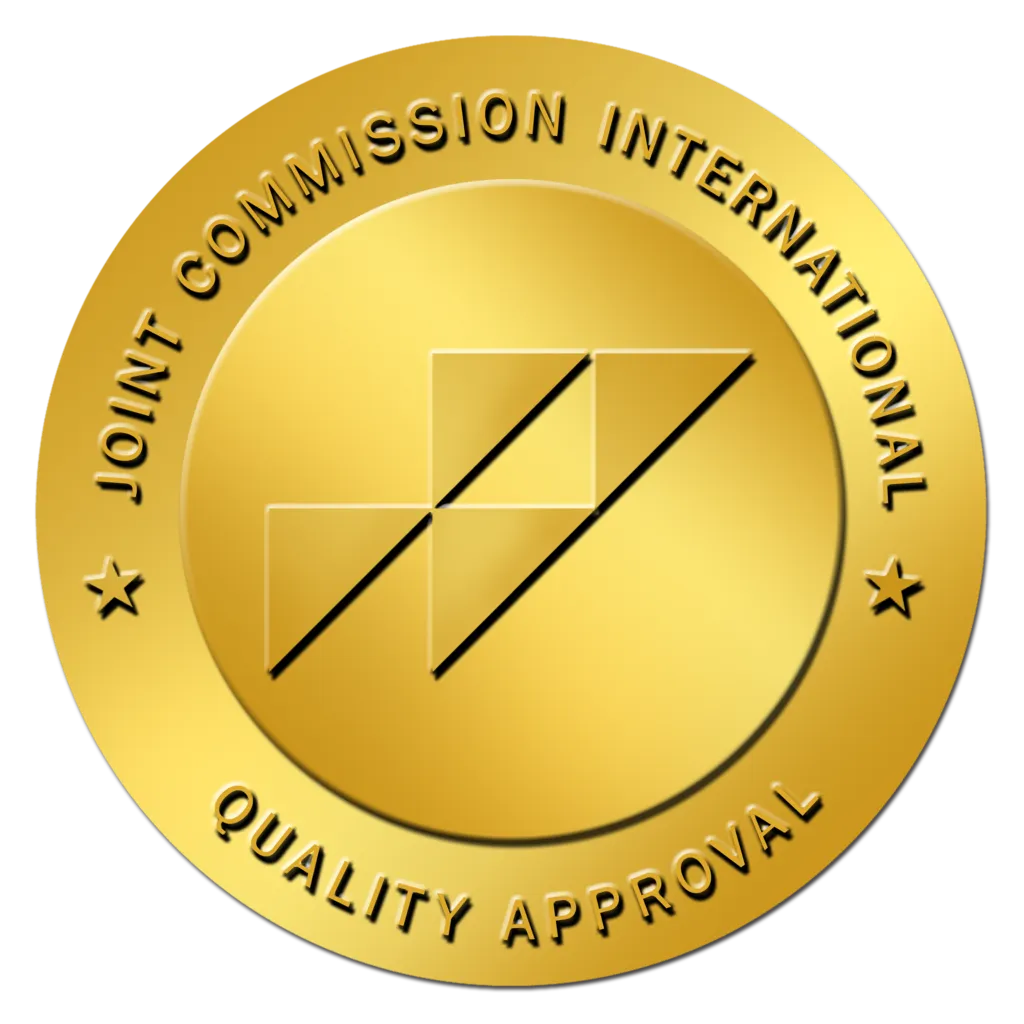
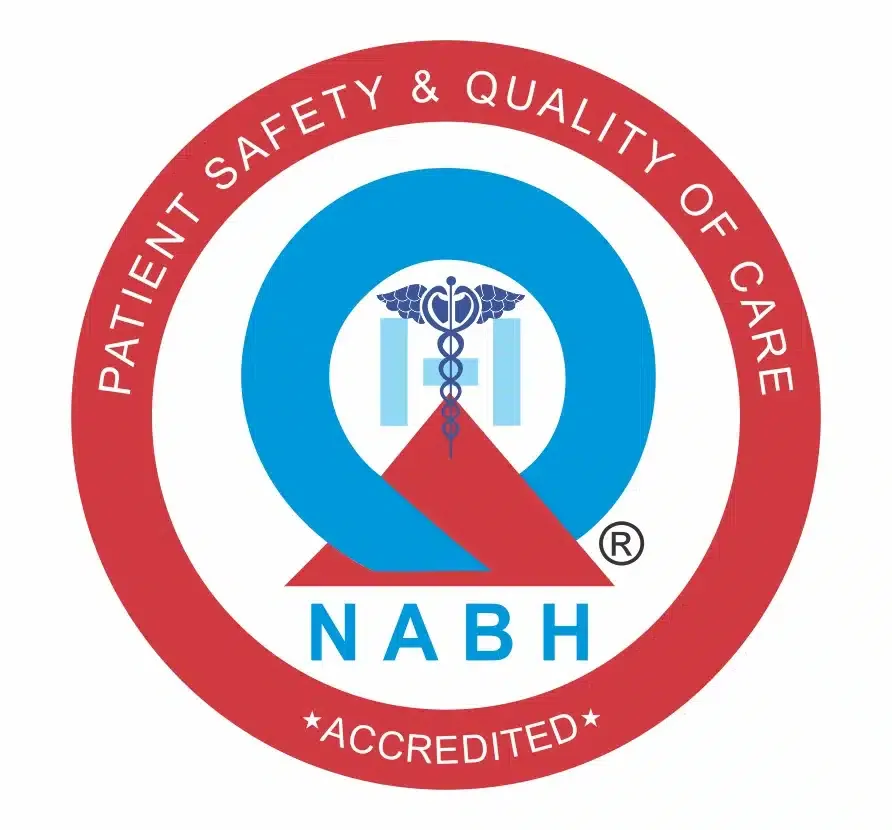
Facilities

CARE Hospitals, Banjara Hills, Hyderabad
CARE Hospitals, Banjara Hills, Hyderabad, is a 435-bed NABH and NABL-accredited multispecialty hospital with 120 critical care beds. Established in 20...
Accreditations

Facilities

AIG Hospitals, Gachibowli, Hyderabad
AIG Hospitals, Gachibowli, Hyderabad, is a 1,000-bed, JCI- and NABH-accredited super-specialty hospital spanning 1.7 million sq. ft. It is the flagshi...
Accreditations


Facilities

Gleneagles Global Health City, Chennai
Gleneagles Global Health City, Chennai, is a 200-bed quaternary-care hospital and part of the IHH Healthcare network, one of the world’s largest priva...
Accreditations

Facilities

MGM Healthcare, Chennai
MGM Healthcare, Chennai, is a 400-bed quaternary-care super-specialty hospital accredited by JCI, NABH, and NABL. The hospital features 100 ICU beds, ...
Accreditations


Facilities

MIOT International, Chennai
MIOT International, Chennai, is a 1,000-bed NABH- and NABL-accredited multispecialty hospital serving patients from more than 130 countries. Establish...
Accreditations

Facilities
Related Articles
Explore more articles and insights on similar health topics.
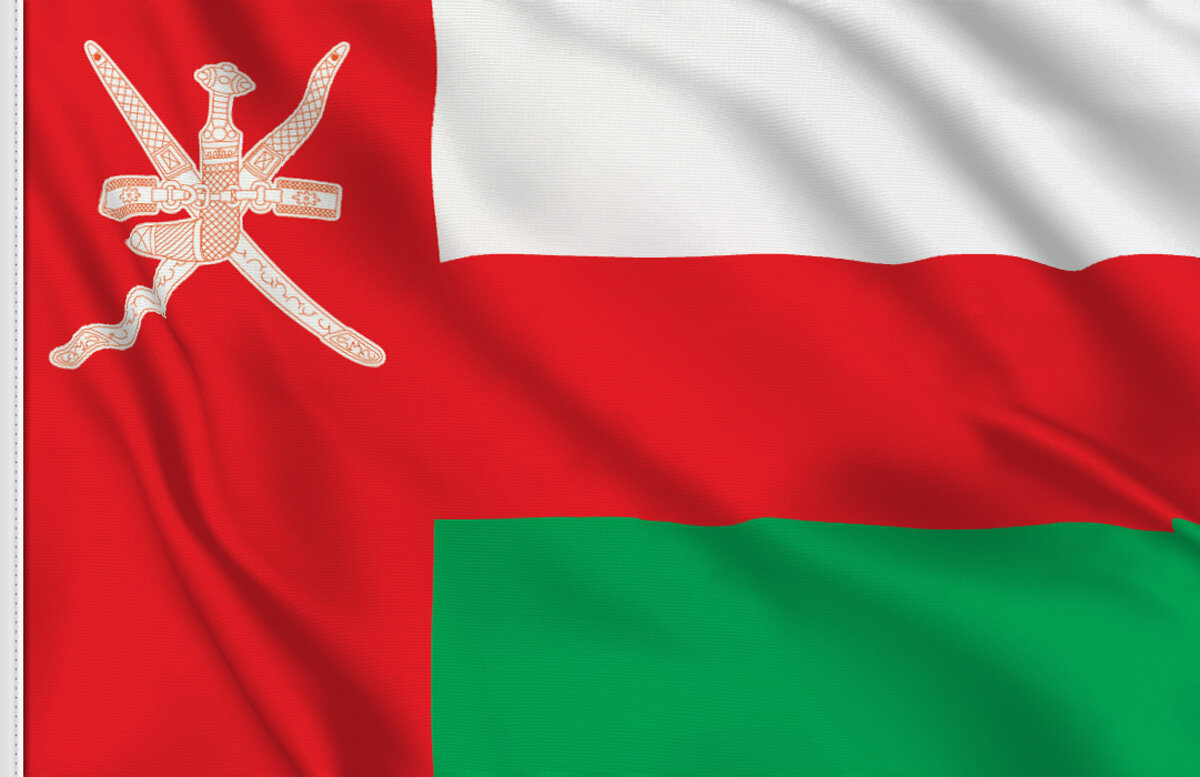
Why Do Oman Patients Look Abroad for Treatment?
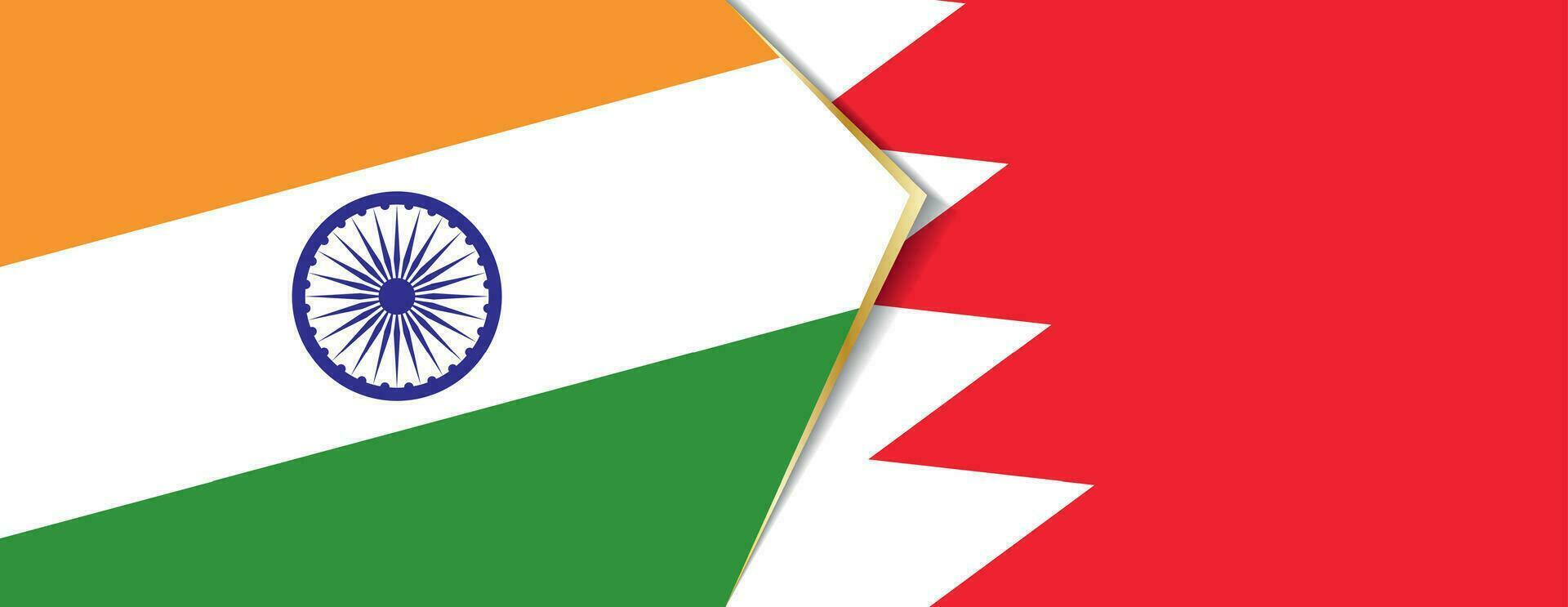
Why India is Becoming the Healthcare Hub for Bahrain Patients
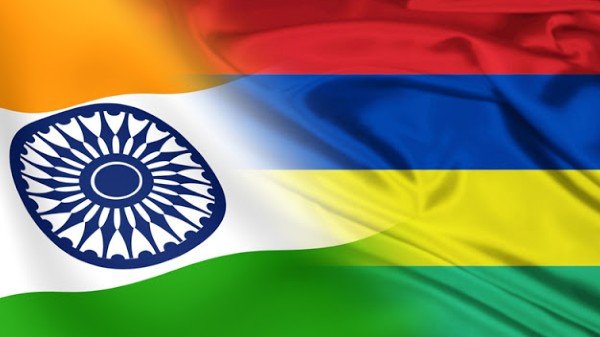
Why Patients from Mauritius Opt for India for Medical Tourism
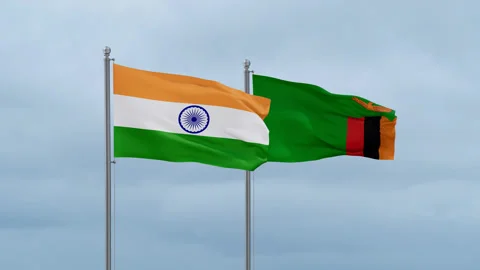
Top Reasons Zambians Are Turning to India for Advanced Medical Treatment
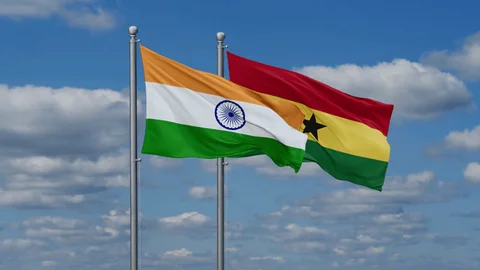
Top Reasons Ghanaian Patients Travel to India for Treatment
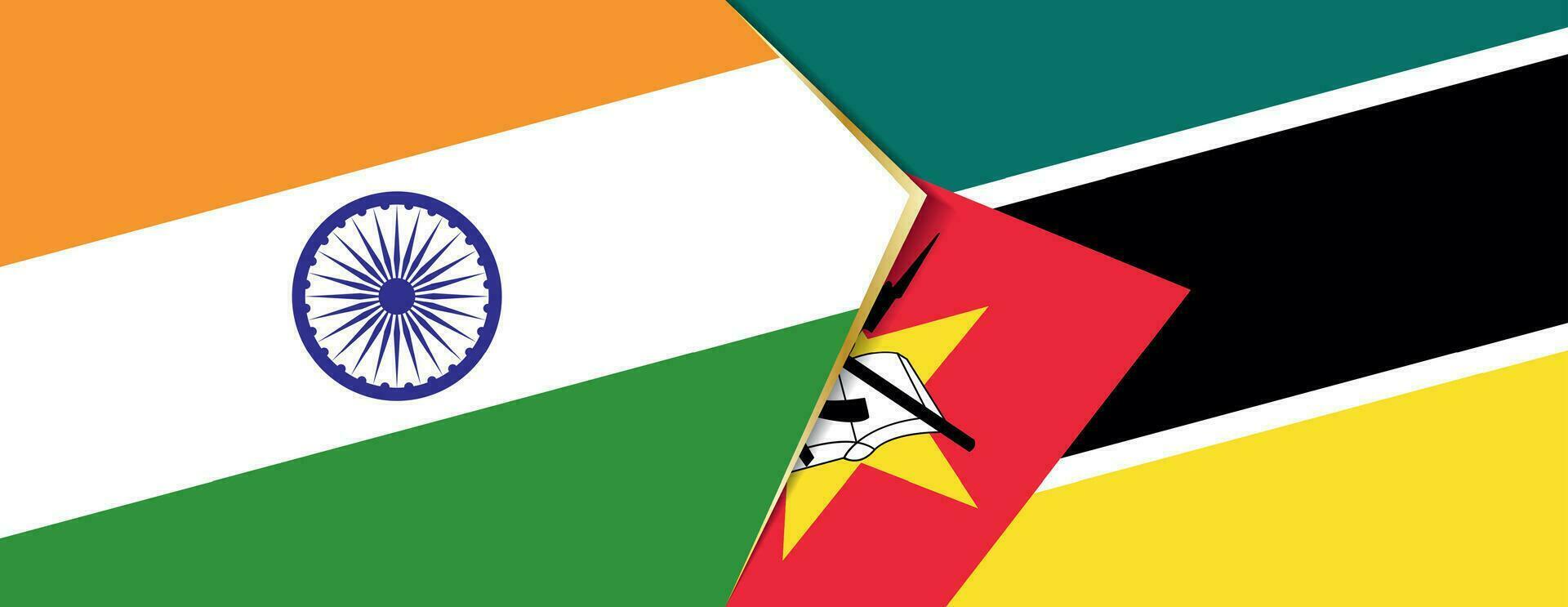
Why More Mozambicans Travel to India for Affordable and Quality Healthcare
Our website uses cookies. By clicking on accept you give your consent to the use of cookies as per our Privacy Policy.
